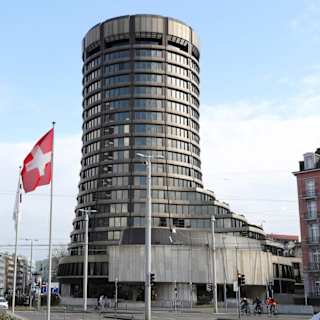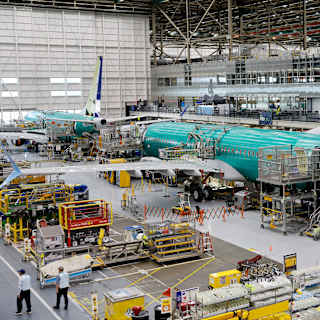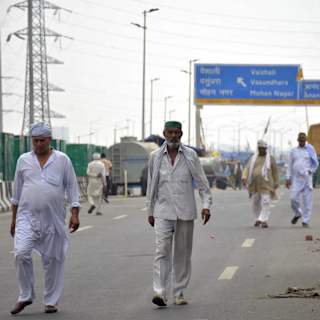- Domestic Travel Dominates Growth
- AI Reshapes Travel Planning
- Market Power Shifts East
Global leisure travel spending will triple to $15 trillion by 2040, driven not by international jet-setting but by domestic trips and emerging market travelers, according to a Boston Consulting Group report released last week. The projection marks a dramatic shift from the $5 trillion spent in 2024, with growth concentrated in countries like China, India, and Saudi Arabia rather than traditional tourism powerhouses.
The findings challenge conventional wisdom about travel patterns and highlight how the industry's recovery from the pandemic has reshaped consumer behavior and market dynamics.

Domestic leisure travel will account for nearly $12 trillion of the projected spending by 2040, up from $4.1 trillion in 202412. Regional travel is expected to triple to more than $2 trillion, while international travel, despite growing fastest, will represent the smallest share at $1.4 trillion34.
"With more people taking vacations—and taking them more frequently—we're seeing a profound shift in who's traveling, what they expect, and how they plan their journeys," said Christina Mühlenbein, a BCG managing director and partner who co-authored the report3.
The study, based on a survey of nearly 5,000 travelers across 11 countries and analysis of travel patterns in 68 markets, projects spending will increase 8% annually through 2029, then slow to 7% through 204025.
Emerging market travelers are leading adoption of artificial intelligence tools for trip planning, with the technology transforming how people discover destinations and book travel12. The BCG report found that travelers from these markets are "the most digitally savvy" and often experience "information overload" from multiple browsing touchpoints2.
Travel companies are responding by launching AI-powered conversational booking agents. The technology allows for highly personalized searches and can potentially bypass traditional travel aggregators, posing what BCG calls "an existential threat to travel companies"2.
Countries including China, India, Saudi Arabia, and Vietnam are expected to drive most of the growth, outpacing established markets like the United States, United Kingdom, and Germany12. In China, spending across all travel categories is projected to grow 10-11% annually, while India's domestic spending is expected to rise 12% annually3.
The shift reflects broader economic trends, including the expansion of middle classes in emerging markets and a cultural pivot toward valuing experiences over material possessions45.
However, budget constraints remain a factor. According to Simon-Kucher research, leisure budgets will grow just 1% in 2025, with declines in France and Italy while markets like the UAE and Spain see increases6.



